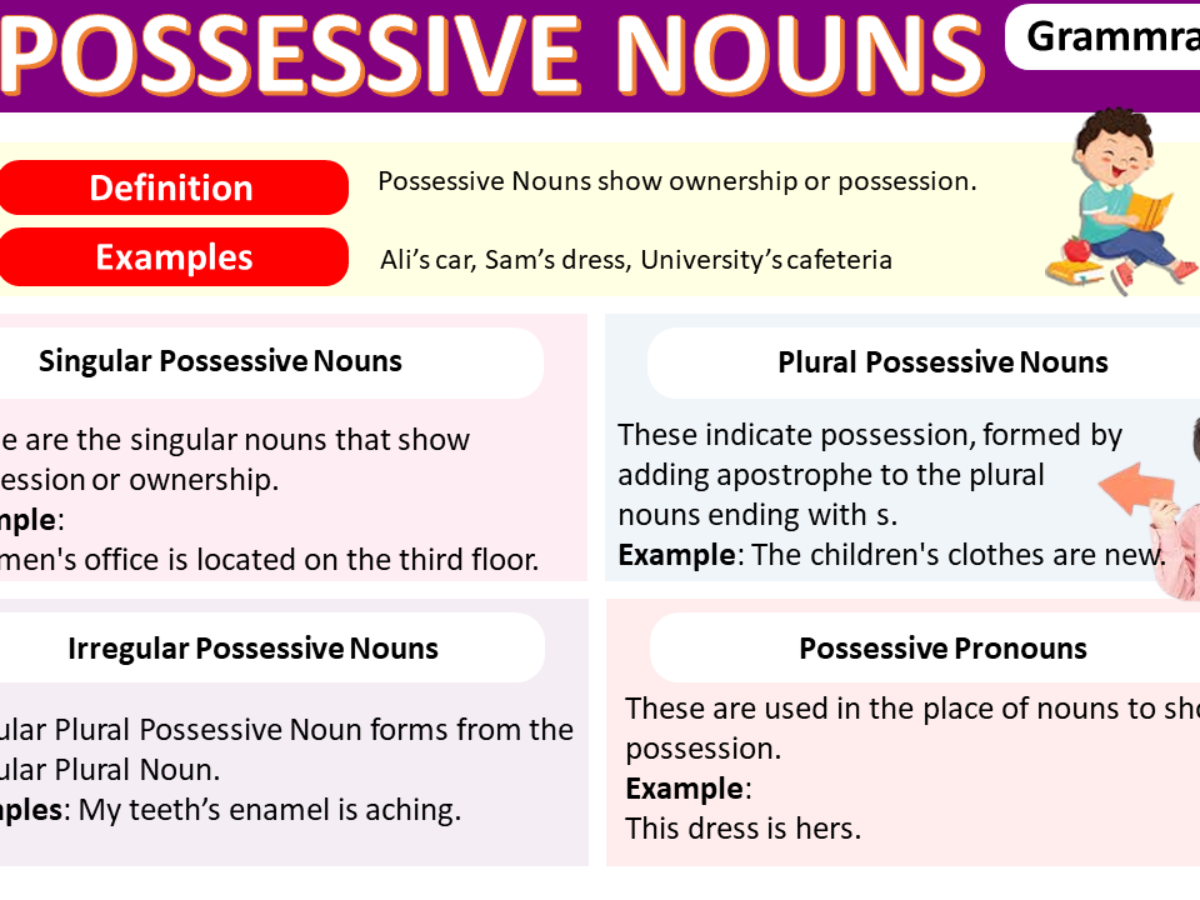When it comes to grammar rules, possessive and plural names can sometimes be confusing for many people. Possessive names show ownership, while plural names indicate that there is more than one of something. Understanding the difference between these two types of names is essential for clear and effective communication.
In this article, we will delve into the nuances of possessive and plural names, providing examples and explanations to help you grasp these concepts more easily.
Possessive and Plural Names
First, let’s talk about possessive names. Possessive names are used to show that something belongs to someone or something else. They are formed by adding an apostrophe and an “s” at the end of a singular noun, or just an apostrophe at the end of a plural noun. For example, “The dog’s tail” shows that the tail belongs to the dog.
On the other hand, plural names indicate that there is more than one of something. Plural names are usually formed by adding an “s” or “es” at the end of a singular noun. For example, “The dogs are playing in the park” shows that there is more than one dog.
When it comes to possessive and plural names, it’s important to remember the difference between them. Paying attention to the apostrophe placement and the number of items being referred to can help you use these names correctly in your writing.
In some cases, possessive and plural names can be combined. For example, “The students’ books” shows that the books belong to multiple students. In this case, the apostrophe is placed after the “s” because the noun is already plural.
Remembering the rules for possessive and plural names can improve the clarity and professionalism of your writing. Whether you are writing an academic paper, a business email, or a creative piece, using possessive and plural names correctly will enhance the overall quality of your work.
In conclusion, possessive and plural names play a crucial role in grammar and communication. By understanding the rules and nuances of these names, you can effectively convey ownership and quantity in your writing. Practice using possessive and plural names in your everyday writing to become more comfortable with these concepts and enhance your language skills.
